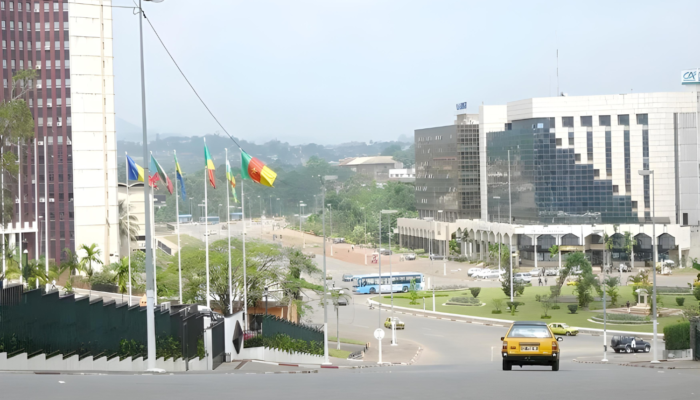The spread of Covid-19 in the Central African Economic and Monetary Community CEMAC still poses a new risk of devaluation of the common currency, the CFA Franc. At least that’s what emerges from recent meetings of the Bank of Central African States BEAC.
With the rapid progression of the coronavirus having led to the decline or even the cessation of activities, the countries of the Economic and Monetary Community of Central African States CEMAC are exposed to a great recession which could lead to a devaluation of the common currency, the CFA francs. This is one of the conclusions of the report on monetary policy delivered on April 27 by the Bank of Central African States BEAC.
“If the CEMAC countries do not fight effectively against the Covid-19 pandemic to limit the economic and financial consequences, the macroeconomic situation would become unsustainable,” BEAC warned, adding that this would cause “a sharp decline in reserves around 2 months of imports of goods and services, see below ”.
Projections are unanimous, the Covid-19 pandemic should have harmful economic and financial consequences. “In its pessimistic scenario (rapid and large-scale spread of the crisis with, among other things, the effect of lowering the average price of a barrel of oil to 20 dollars in 2020), more and more plausible, the central bank forecasts a recession in the CEMAC economy. This will be in the order of “-4.9 with in particular a drop in oil GDP to -15%, against a growth rate of 2% in 2019; a deterioration in the budget and current account deficits respectively to 6.6 and 8.6, against 0.2% and 1.5% the previous year, “said the agency.
We remember that following the drastic fall in the prices of oil CEMAC’s main export product) which occurred in 2014, the community’s external reserves fell to less than two months of imports, raising fears of a devaluation of the CFA franc. “To avoid this scenario, considered a catastrophe, the countries opted, at the end of 2016 during an extraordinary summit in Yaoundé, for a budgetary adjustment under the assistance of the International Monetary Fund (IMF).”
At present, BEAC indicates that “such a development would translate into a real threat to the external stability of the currency, thus underlining the fact that in the absence of budgetary adjustment and consequent mobilization of external financing , BEAC would again be subject to the same risks on the currency parity as at the end of 2016 ”. Hence “the urgency of concerted, rapid and united action” and a community response that is struggling to take shape.






